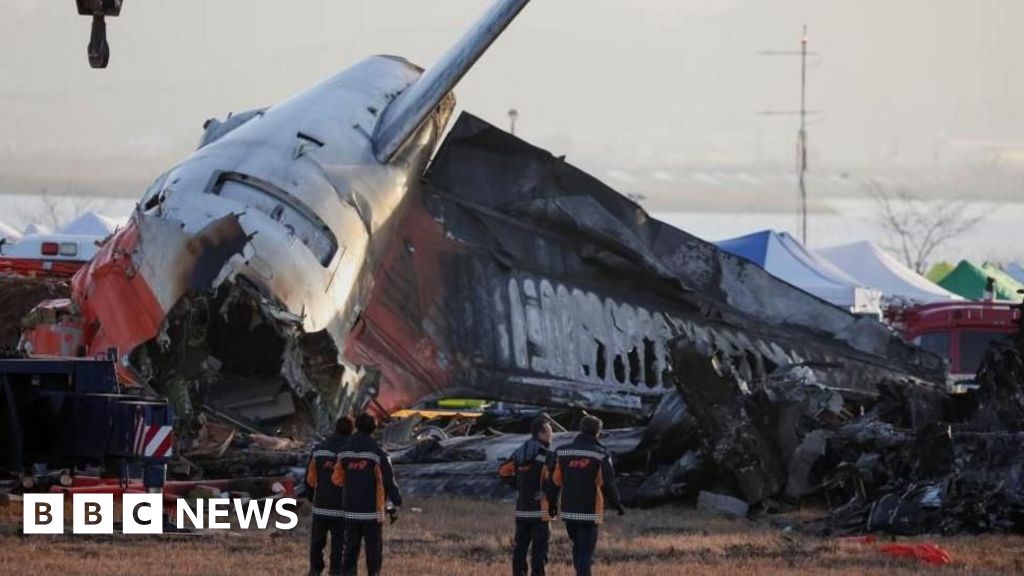The narrative of two African cities, Lagos in Nigeria and Kampala in Uganda, is intertwined with their quest for clean energy solutions. Lagos, a bustling city where power outages are a recurring problem, is turning to solar energy for a solution. Similarly, Kampala, a city that experiences frequent power blackouts, is also exploring the potential of harnessing solar power. In Lagos, the problem is more intense because of the city's huge population, estimated at more than 20 million. Its energy demand is overwhelming and the existing infrastructure is unable to keep up. This has led to the city's decision to tap into the seemingly unlimited power of the sun. Solar panels are being installed on rooftops across the city, in a bid to mitigate the power problem. On the other hand, Kampala has over 3 million residents and faces similar energy challenges. The Ugandan government has made efforts to promote the use of solar energy. In one such initiative, a solar-powered public bus was introduced. Despite the initial success, the bus had to be discontinued later due to some operational issues. Both cities are examples of how renewable energy, particularly solar power, can help in addressing energy shortages. They also highlight the challenges in implementing such energy solutions on a large scale. The acceptance of solar energy is growing in Africa. The continent has more than 600 million people without access to electricity. But, the falling cost of solar panels and the increasing efficiency of solar batteries is making this form of renewable energy more attractive. With more innovation and investment, solar energy has the potential to become a mainstay of Africa's energy portfolio. The success of solar power in Lagos and Kampala could serve as a model for other African cities facing similar energy challenges.

